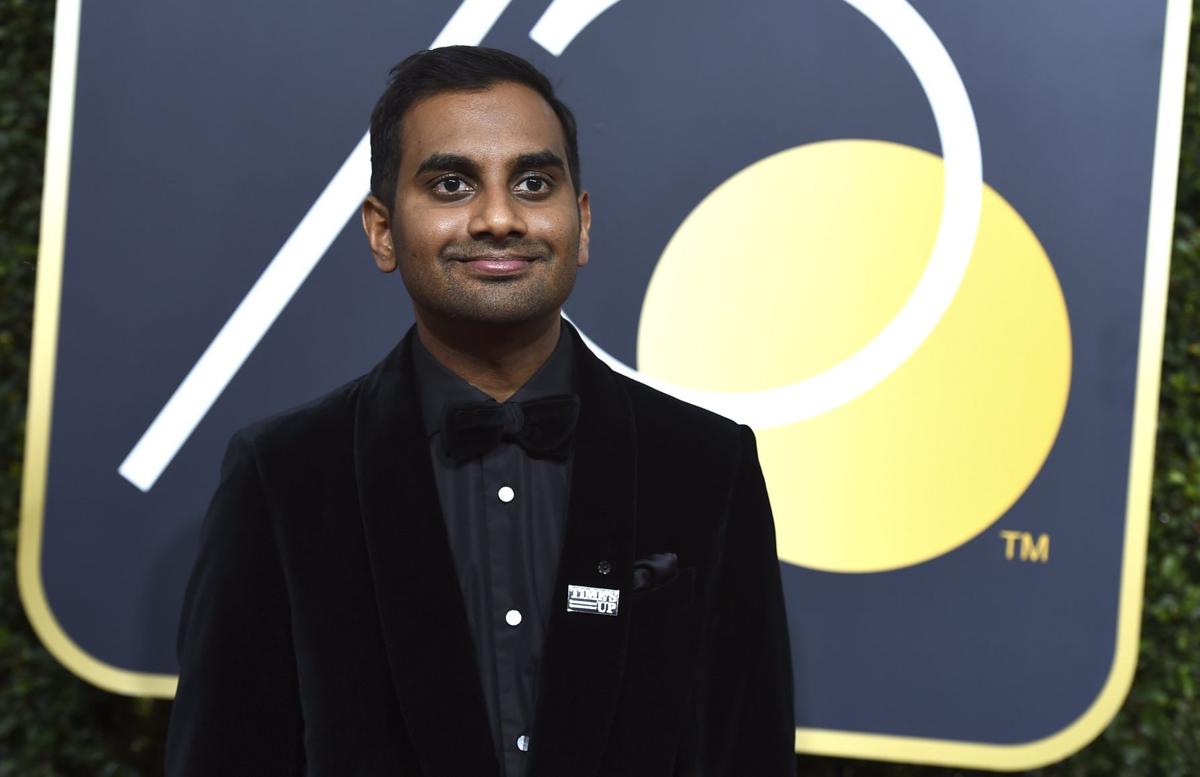She wanted him to play with her hair.
In the online essay detailing an anonymous woman’s terrible sexual encounter with actor Aziz Ansari, I kept coming back to this detail: “When she sat down on the floor next to Ansari, who sat on the couch, she thought he might rub her back, or play with her hair — something to calm her down.”
Instead, he asked her for oral sex. And despite what she really wanted and how shaken she felt in that moment, she consented.
This was the most illustrative and poignant moment of missed expectations in this hard-to-follow narrative.
She wanted intimacy. He wanted sex.
The anonymous account has been alternatively described as “a bad date/bad sex” or a sexual violation depending on how you read the essay. Some feminists have argued that when you are having sex in a sexist culture, when you are socialized to either pursue or be pursued, consent is more complicated than saying yes or no. To be more clear, getting what you want from a sexual encounter is more complicated than saying yes or no.
The scenario as recounted in the Babe.net essay described familiar and traditional gender stereotypes. He was aggressively persistent. She warded off his advances, gave into some of them and eventually gave up on the date and left, feeling terrible.
Their contrary expectations collided in a way that left one party feeling used and dehumanized. But while parts of this story might seem familiar to many of us, it unfolded in a cultural moment of eroticized aggression when it’s easier than ever to engage in dehumanized sex.
More than 25 years ago a small private liberal arts college in Ohio made national headlines when it tried to reform the idea of consent. Antioch College passed a policy in the 1990s that required students get “affirmative consent,” which meant that sexual partners ask for explicit consent before proceeding in a sexual encounter. The policy was widely ridiculed — from an editorial in the New York Times to a “Saturday Night Live” skit lampooning this “overzealous” notion of date rape. At the height of the media attention on the Antioch Sexual Offense Prevention Policy I was a freshman in college. I remember thinking how ridiculous it sounded. Who talks that way during a romantic or sexual encounter? Who asks for permission every step of the way?
Twenty-five years of experience later, with children who will be leaving for college in a few years, it seems far more reasonable.
And yet, in practice, perhaps it makes even less sense.
This generation’s first sexual experiences are mediated through a screen. A middle school-aged boy is far more likely to ask a girl for a nude photo than on a date. Teens see porn much younger and more often. Post-internet pornography is a more aggressive and degrading version of what was widely watched pre-internet. There is endless choice and opportunity in hook-up apps. Technology has not created a more egalitarian sexual landscape. It’s introduced aggression and power imbalance at a younger age than ever before.
And it’s made it more difficult to expect or ask for emotional intimacy. Imagine a profile that says “I expect to be held” or “I would like a text the next day.”
Even if the ideals of explicit consent are part of the conversations we have with our children, it has to happen in way that works in the tech-saturated sexual milieu in which they are coming of age. Emotional intimacy is easily divorced from sexual intimacy, which for some people feels dehumanizing or less satisfying.
Zoe Peterson, associate professor of psychological sciences and director of the sexual assault research and education program at University of Missouri-St. Louis, says images of sex in the media — not just porn — don’t show a lot of talking.
“People have an idea that explicitly asking for consent is unsexy because we don’t have many models of it,” she said. It goes beyond asking and responding “yes” or “no.” It’s a bigger conversation of what a person is into sexually and his or her values.
Young people starting to navigate this terrain are just beginning to learn their preferences and how to exercise their agency. It can be difficult to express for those who don’t even like to have conversations face-to-face.
“To ask for intimacy is really vulnerable,” Peterson said. “There’s a lot of fear of rejection, especially when there are no good models of how do you even do that,” Peterson said.
To me, the allegations against Ansari didn’t suggest that women have lost their sense of agency. It’s that we’ve internalized a very low bar of expectation in such encounters.
Antioch’s explicit consent policy doesn’t sound so radical anymore.
Now what sounds radical is being able to say, in a moment of vulnerability and sexual openness, I just want you to play with my hair.


